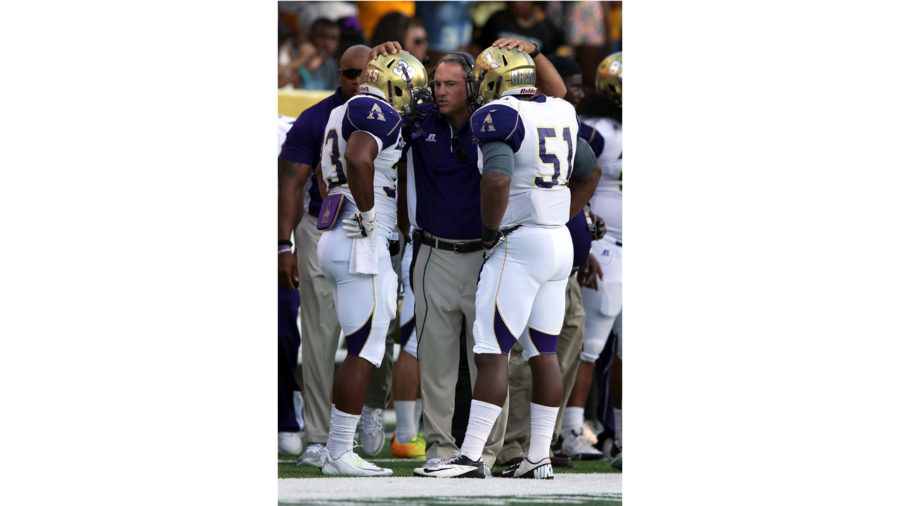Module after module, I sat watching cartoonish info-graphics about sexual harassment and misconduct at work. Courtesy of the Department of Compliance and Ethics, I can never get this half hour of my life back, but according to the email, I am obligated to complete Workplace Answers as a student of Southern Miss. By the end of the tutorial, I knew a little more about alcohol safety and bystander syndrome, but the endless string of informative videos and pop quizzes was an unwanted interruption to my day, but this is not even the end.
It is four months later. I still receive emails almost daily from the Department of Compliance and Ethics urging me to complete this mandatory survey. I can’t help but feel harassed. Don’t they know I’ve suffered enough? I know other students are feeling the same pressure from these irritating email reminders. When will it stop? I’m here to tell you that this is all a big misunderstanding.
Paul Walters, director of compliance and ethics, talked with me for a extensively about this conflict, and the students are not the only ones with complaints.
“The department has received 15,000 calls and emails from students and faculty,” Walters said. “A lot of people think it is spam, or feel uncomfortable answering the survey questions. They think they are being singled out.”
Part of the module includes questions about an individual’s gender identity, alcohol consumption or sexual activity. For some students of the university, these questions delve too deeply into their personal life, prompting them to call Walters and demand an explanation.
“On every personal question, the person taking the survey has the option to skip the question if they don’t feel comfortable giving an answer,” Walters said.
He explained that these courses are not meant to be annoying or offensive but to prevent instances of alcohol poisoning or sexual harassment by offering knowledge.
“It’s about changing educating and changing the culture,” Walters said. He has the right idea, and it is a successful one.
Three years ago, as a freshman, I was required to take a similar module called Alcohol Edu—the predecessor of Workplace Answers. I didn’t pay attention while I was going through the course, but subconsciously, something stuck with me. From that point on and to this day, I monitor my alcohol intake carefully and count my drinks. This result is the same intention of Workplace Answers. But why so many emails?
As it turns out, these modules were purchased from Campus Answers centered in Austin, Texas. Emails are sent out of Austin once a week to Southern Miss students reminding them to complete the program. Yes, there are more than one.
The university bought 10 different modules from the company. Students, such as myself, will more than likely receive multiple notifications for multiple modules that cover a variety of subjects such as employee conduct, diversity, sexual harassment or alcohol and drug use. The Department of Compliance and Ethics is currently working on ways to make it clear what the modules are about and why students are receiving emails about them.
“This is still very new,” Walters said. “Glitches are being worked out, and we are trying to improve publicity so students will be informed on what is coming.”
Only 45 percent of the student body have completed their modules, so don’t feel pressured if you haven’t completed yours yet. The good news is there are no penalties for not completing the courses—at least not yet. Walters does not think the department will have to resort to implementing consequences, but it all depends on completion rates. The only punishment as of now is an onslaught of emails.
I have been in the habit of deleting these emails, but after talking to Walters, my understanding of Workplace Answers has changed. I am relieved to know that I won’t be expelled for not doing the surveys, but I see a lot of importance in the information I would learn in taking the course.
Just like after Alcohol Edu, I may be more equipped to recognize and handle sexual harassment should it happen to me. I may know the best way to intervene in a bullying situation as a bystander. I think I will likely comply the next time my inbox gets a message from Texas.
Understanding that this is just as new to the school as it is to me, I can see how miscommunication has occurred. I won’t be bothering Walters again, and I hope other students won’t either. Just be patient with the process.
“If you want the harassment to stop,” Walters said, “take the course.”
































